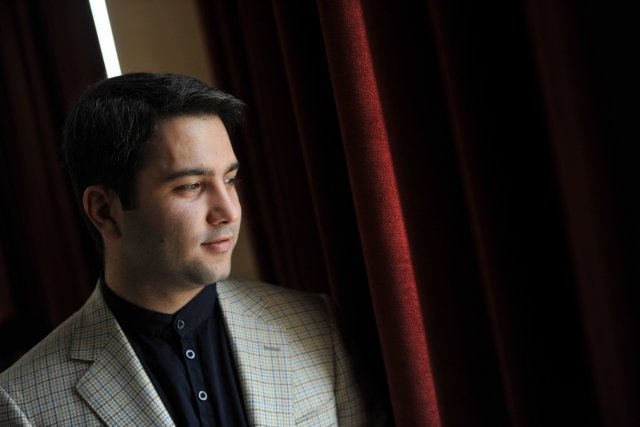Trump’s nuclear dark age?

“Let it be an arms race!” This is the message of the new American president to the world. This was while the international community was dreaming about a world without nuclear arms.
Donald Trump’s harsh reaction to Vladimir Putin, puts the dream under the shadow of doubt and ambiguity. The two presidents are both calling for strengthening nuclear arsenals.
At an annual end-of-year meeting with defense chiefs, Putin said Russia's military can overpower any potential foe, but it should build up its nuclear capability. "We need to strengthen the military potential of strategic nuclear forces, especially with missile complexes that can reliably penetrate any existing and prospective missile defense systems," the Russian leader said.
Trump, meanwhile, tweeted U.S. must "greatly strengthen and expand its nuclear capability". Then in a phone conversation with MSNBC, he warned nuclear adversaries that the United States “will outmatch them at every pass and outlast them all.”
The president-elect fantasized that the nation must do so until the rest of the world - as he put it - "comes to its senses" regarding nuclear weapons.
A return to Cold War?
The recent remarks by the two world leaders raise the very predictable question. Are Russia and the U.S. entering a new Cold War? At least it could be a sign that the bilateral treaties between the U.S. and Russia are under serious and increasing stress. These include the 2010 New Strategic Arms Reduction Treaty (New START), the 1992 Open Skies Treaty, the landmark 1987 Intermediate-Range Nuclear Forces (INF) Treaty, and the 1996 Comprehensive Test Ban Treaty. In the recent years the two countries have accused each other of constantly violating the obligations.
As the latest example, in July 2014, the U.S. State Department officially alleged that Russia is violating its INF Treaty obligations “not to possess, produce, or flight-test” a ground-launched cruise missile (GLCM) with a range of 500 to 5,500 kilometers or “to possess or produce launchers of such missiles.”
But Russia denies that it is breaching the INF Treaty. The Russian Foreign Ministry said in December that the allegations are “groundless” and the United States has “not provided any proof” that Russia is “allegedly producing and deploying” banned missiles.
Moscow has instead raised its own concerns about Washington’s compliance with the agreement. Russia claims that the U.S. is placing a missile defense launch system in Europe that can also be used to fire cruise missiles, using targets for missile defense tests with similar characteristics to treaty-prohibited intermediate-range missiles, and making armed drones that are equivalent to ground-launched cruise missiles.
Not a traditional enemy, nor a traditional friend
Being shocked with Trump’s statements about Putin during his presidential campaign, the world was shocked again with Mr. Trump’s fantasy about arms race. Before this statement, one may thinks
Trump is interested in Putin's leadership approach, and they have notable similarities. Both presidents are unhappy with the modern global order and the direction it is going. Both dislike domestic and global elites and despise political correctness. And both of them are masters at crossing invisible red lines. But Trump’s recent harsh reaction to Putin, make is hard to analyze what is going on in the United States.
Referring to technical disputes, some experts believe that failure to resolve the festering compliance dispute could threaten the treaty and impede further efforts to reduce U.S. and Russian nuclear arsenals in the years ahead. But it is not only some technical disputes. Trump is neither a common friend nor a common enemy. He is going to establish his own rules. Even if the cost may be a world under the threat of a nuclear arms race. It is not the first one and also not the last one. So welcome to Trump’s dark age!
